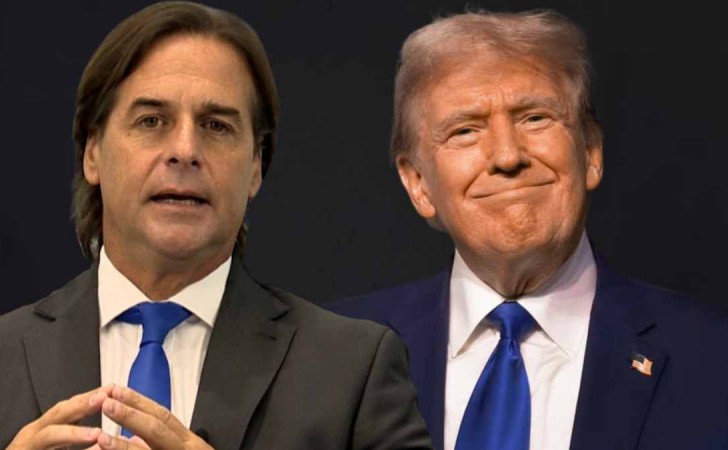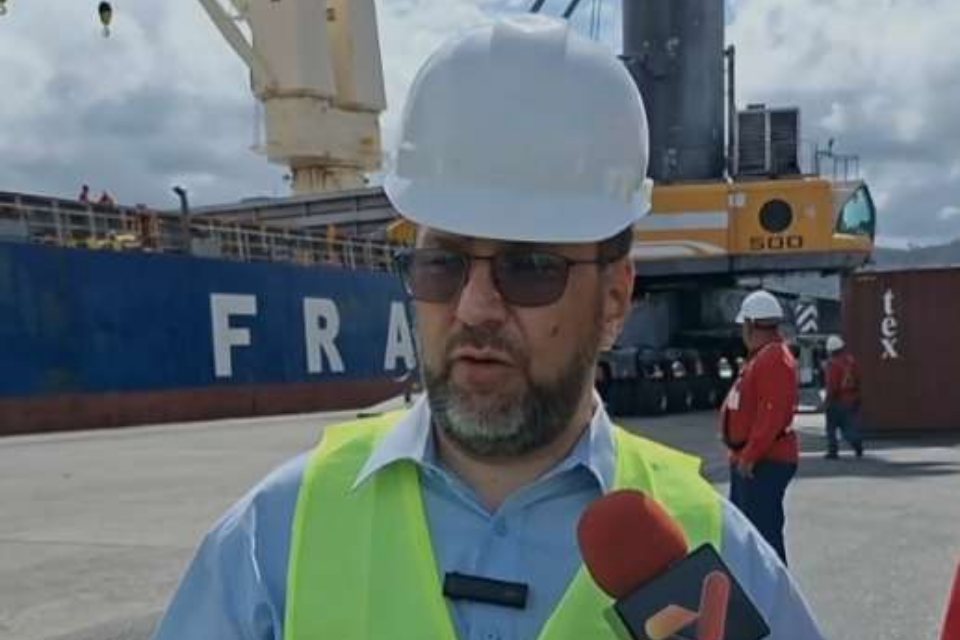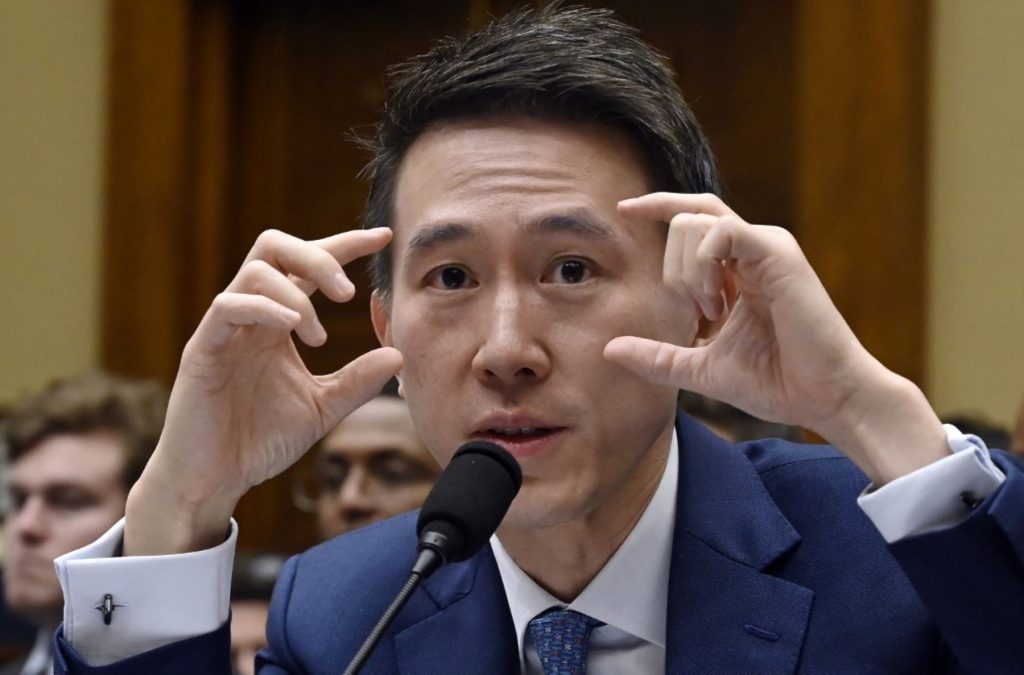
The recent events in USAparticularly the return of donald trump to the presidency, have generated immediate repercussions in financial markets globally. In the case of Uruguay, Economists and analysts have begun to evaluate repercussions on your economyespecially in relation to the dollar and internal economic stability, in the face of a scenario that is emerging as complex and full of challenges.
Reactions in financial markets
Since the announcement of Trump’s victory, the markets have shown notable reactions. Long-term bonds in the United States saw rates rise, while the dollar strengthened against other major currencies. This behavior is accompanied by an increase in stock market indices, with Wall Street being the main beneficiary in this context. Expectations about an interest rate cut on the part of the Federal Reserve They are also influencing investors’ perceptions regarding the immediate future.
Market agents are attentive to how the Trump government will implement its economic policy, which includes a series of proposals that could modify the global financial context. These market reactions are indicative of a cycle that, although it presents opportunities, also carries risks that are important to consider.
Expert analysis of the economic cycle
Ignacio Umpiérrez, economist at the Center for Development Studies (CED), warned that the return of Trump could temporarily extend a cycle of sustained growth in the United States, thanks to tax reduction policies and a less regulated investment environment. “A cycle that is more noisy than virtuous” is how Umpiérrez defines this situation, where instant advantages can be overshadowed by underlying problems such as fiscal sustainability and the inflationary environment.
The economist considers that although this new cycle can benefit some sectors, it can also accentuate trade tensions with powers like Chinawhich in turn could lead to a widening of the growth differential between the United States and the rest of the developed world.
Growth and risk prospects for Uruguay
The projections for Latin America are no better, as most countries in the region have a recent history of low growth and high debt levels. Umpiérrez highlights that Uruguay arrives at this new situation with better fiscal indicators than other countries, which gives it would allow “buffering” an adverse cyclebut also faces significant challenges, including a persistent fiscal deficit and spending pressures that must be managed in an environment where tax growth is more moderate.
Alberto Landeira, an economist at Balanz, emphasizes that the effects of US economic policy will not impact Uruguay in the same way as they will in countries like Mexico, which have much deeper trade ties with the United States. However, the strengthening of the dollar and the increase in interest rates in the US could put pressure on the Uruguayan economy, even making cuts in the Monetary Policy Rate (MPR) by the Central Bank of Uruguay.
Risk management measures
It is essential that the Uruguayan government maintains flexible monetary policies and continues to prioritize fiscal prudence, aligning with established rules that ensure a sustainable debt trajectory. Economists suggest that the Uruguayan administration must be attentive to changes in the global environment, developing strategies that guarantee the economic stability.
Trump’s policy towards Latin America, marked by a protectionist approach, generates uncertainty in trade agreements and could lead to adjustments in the business relations that Uruguay has cultivated for years. The need to diversify markets and maintain strategic alliances becomes crucial in this scenario.
Expectations in the political sphere
At the local level, Trump’s election has sparked diverse opinions among Uruguayan political leaders. The president Luis Lacalle Pou expressed his congratulations to the new presidentemphasizing the importance of maintaining good ties with the United States, a key destination for Uruguayan exports. As he highlighted, the country must take advantage of this relationship to advance in commercial integration and the promotion of its national interests.
The Minister of Foreign Affairs, Omar Paganinireiterated the relevance of the United States as a “strategic partner” for Uruguay, and was optimistic about future cooperation in vital areas such as trade and technology. The Uruguayan administration plans to continue advancing dialogues on fundamental issues, including a possible visa exemption.
Outlook for the technology sector
Information Technologies are an important pillar for the Uruguayan economy, with a high percentage of its exports directed to the United States, where figures of 1,816 million dollars were recorded in 2022. This sector represents approximately 80% of Uruguayan exports in services, and its growth is based on the country’s ability to offer solutions adapted to the demand of external markets. However, managing an uncertain and potentially protectionist global environment could affect the dynamics of this sector in the medium and long term.
Concerns about a possible escalation of the trade war between the United States and China risk further fragmentation of markets. The lack of announcements about a stimulus package in the Asian giant could result in an unfavorable environment for emerging markets, including those in Latin America. Economic sectors that depend on the stability of the global economy will have to prepare mitigation strategies to face uncertainty.
The reaction of the international and political community in Uruguay
At the national level, Trump’s election has also generated reactions from the Uruguayan presidential candidates, who have addressed the issue in their campaigns. The Frente Amplio’s stance on this new administration has been cautious, suggesting a critical approach towards the policies proposed by Trump and the uncertainty they could bring to international trade. Alejandro Sánchez, spokesperson for this sector, has expressed concern about the possibility of an increase in protectionism that would affect Uruguayan foreign trade.
On the other hand, leaders such as Álvaro Delgado of the National Party suggest that it is essential to maintain a constructive dialogue with the United States, highlighting the importance of ties between both nations, especially on issues of security and trade. However, opinions vary on how Trump’s new approach to Latin America could benefit or harm Uruguay.
Trade expectations and future negotiations
A critical issue for the Uruguayan government is the future of ongoing negotiations with the United States, which include a proposal to extend visas. These measures have been seen as crucial to facilitate trade exchanges and capital mobility between both countries. However, the change in the US administration could also influence the dynamics of these negotiations.
It is imperative to observe how Trump’s leadership will address the agreements already established and whether new spaces for cooperation will be generated. The expectation is that, during his mandate, there will be a renewed focus on investment and trade, which could present valuable opportunities for Uruguayan companies, especially those dedicated to technology and services.
Social and cultural repercussions
Beyond the economic and political aspects, Trump’s return can also affect social and cultural aspects. The “America First” philosophy can generate a change in the perception that Uruguayan citizens have of US foreign policy, as well as influence internal movements that seek to foster greater assets of nationalism and protectionism. This phenomenon may have implications for how younger generations relate to other cultures and countries.


















